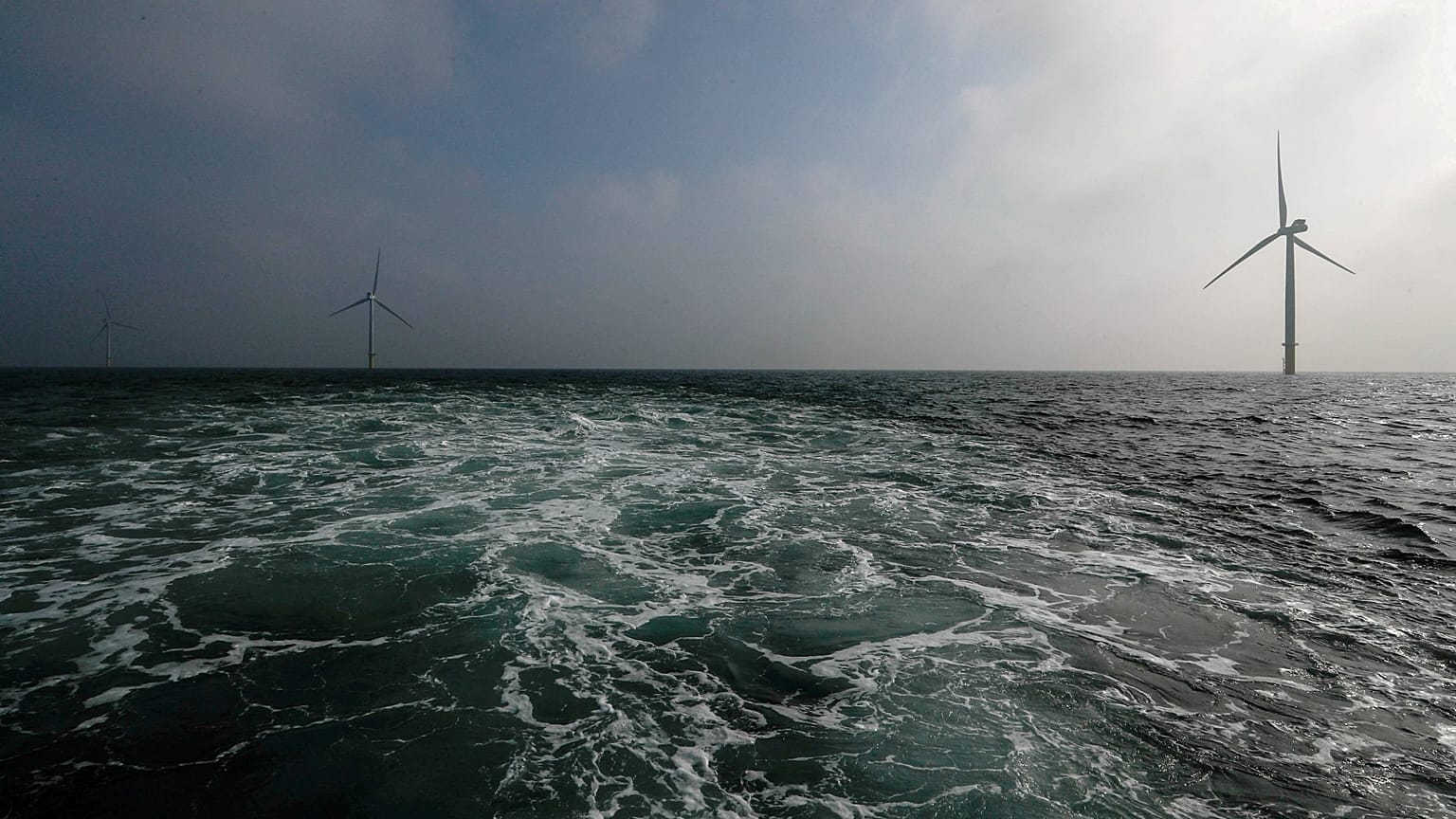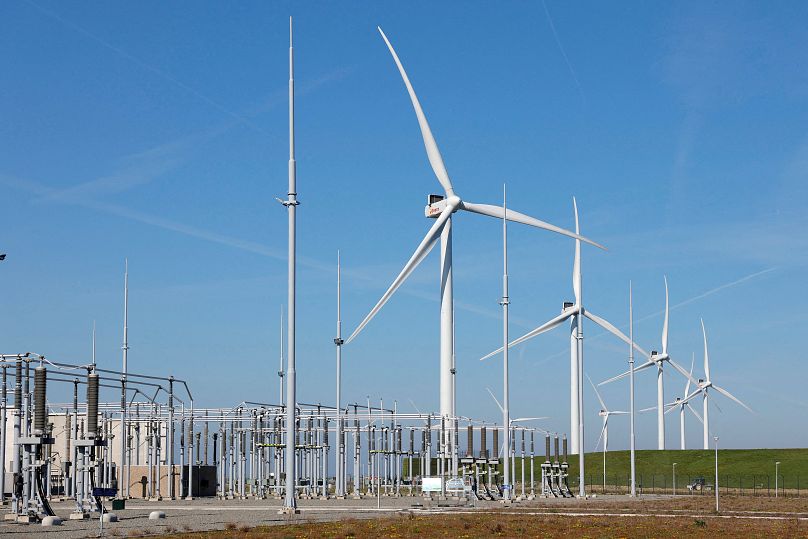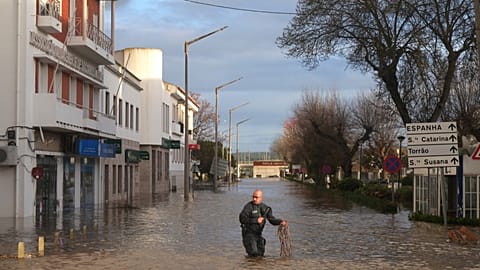Climate minister Rob Jetten says the Netherlands has missed its climate goals for years - now its time for a 'great leap forward'.
The Dutch government on Wednesday said it would spend €28 billion in the coming years to guarantee it would meet its 2030 climate goals.
 ADVERTISEMENT
ADVERTISEMENT
 ADVERTISEMENT
ADVERTISEMENT
The government announced a range of measures which it said would make sure CO2 emissions in the Netherlands will be 55 per cent lower than in 1990 by 2030. They range from building large offshore solar power fields to lifting taxes for polluting industries.
Last year, emissions were around 30 per cent lower in the euro zone's fifth largest economy than in 1990.
"The Netherlands has for years missed its climate goals. Now it's time for a great leap forward," climate minister Rob Jetten said, calling the package "ambitious".
With a projected reduction of 22 megatonnes of CO2 emissions, new measures aim for a 60 per cent reduction by 2030, in order to make sure the 55 per cent target will actually be met, Jetten said.
How is the Dutch government hoping to cut emissions?
Jetten presented more than 120 different measures to cut greenhouse gas emissions. They include a higher CO2 tax for industrial companies, and €600 million in subsidies for second-hand electrical cars, home insulation and solar panels on houses.
The climate minister said the government would start with "the most drafty houses" in "the most vulnerable neighbourhoods".
The government is also aiming to make the energy sector carbon neutral by 2035, by transforming gas power stations to run on hydrogen, connecting wind farms to storage batteries and building offshore solar fields with a total capacity of 3 gigawatts.
Energy-intensive industrial companies should become carbon neutral by 2040, the government said. They should do this by ramping up the use of hydrogen in production processes and increasing demands for the use of recycled inputs for example in the production of plastics.
Two years ago, the government announced a designated climate transition fund, which should bring €35 billion in extra spending in the next 10 years. €5 billion is earmarked to help build two new nuclear power plants by 2035.


















